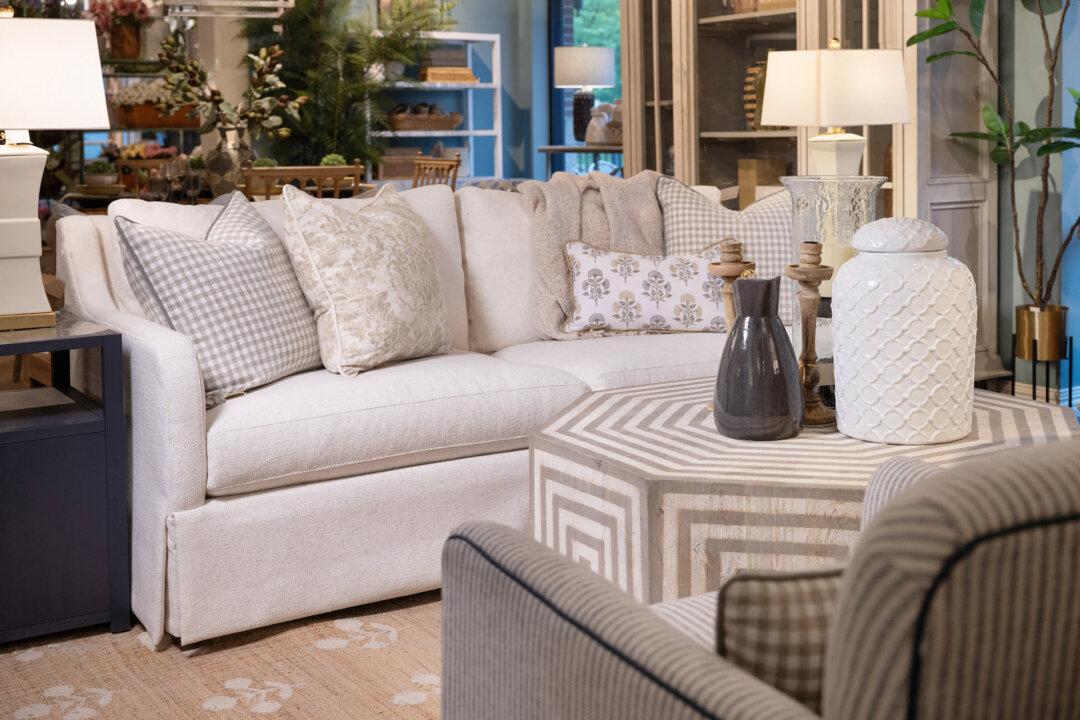By Katie Laughridge
From Tribune News Service
When it comes to customizing furniture or working with a designer, having a good grasp of the terminology can make all the difference in bringing your vision to life.

When it comes to customizing furniture or working with a designer, having a good grasp of the terminology can make all the difference in bringing your vision to life.